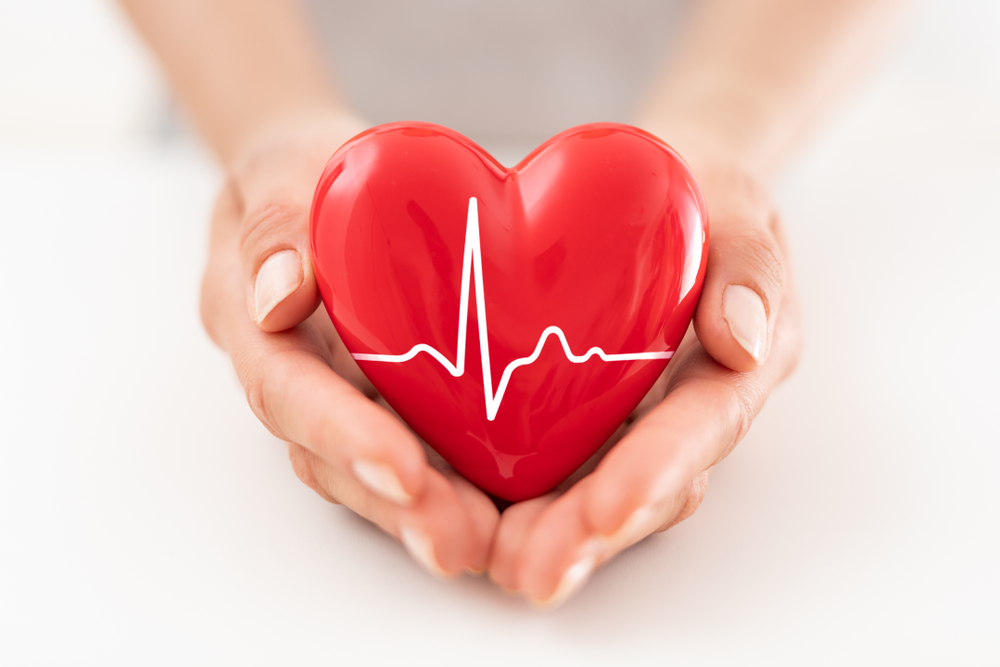Introduction:
In our pursuit of a healthy lifestyle, we often focus on physical well-being by engaging in regular exercise, maintaining a balanced diet, and getting enough sleep. While these aspects are crucial, we often overlook the significant influence that mental health has on our overall well-being. The connection between mental and physical health is profound, with emerging research shedding light on how our psychological state can significantly impact our physical body. In this blog, we will explore the intricate relationship between mental health and physical health, highlighting the importance of nurturing both aspects of our well-being.
The Mind-Body Connection:
The mind-body connection is a well-documented phenomenon that suggests our mental and emotional state can have a profound impact on our physical health. Numerous studies have shown that prolonged stress, anxiety, depression, and other mental health conditions can contribute to a range of physical health problems. The body responds to emotional and psychological stress by releasing stress hormones such as cortisol, which, when continuously elevated, can lead to a weakened immune system, inflammation, high blood pressure, and an increased risk of cardiovascular disease.
Impact on the Immune System:
Our immune system plays a vital role in protecting us from illnesses and diseases. However, prolonged mental distress can impair the immune system’s functioning, making us more susceptible to infections and chronic conditions. Stress, for instance, can suppress immune function, making it harder for the body to fight off infections and heal from injuries. Additionally, mental conditions like depression have been associated with increased levels of inflammation in the body, further compromising the immune system’s ability to function optimally.
Chronic Pain and Physical Symptoms:
Mental health conditions can manifest physically, often leading to chronic pain and various physical symptoms. For example, individuals with anxiety disorders may experience tension headaches, muscle aches, and digestive issues. Chronic stress can contribute to muscle tension and pain, including conditions like tension headaches and temporomandibular joint (TMJ) disorders. Furthermore, studies have indicated that health conditions can exacerbate existing chronic pain conditions, such as fibromyalgia or arthritis, making the pain more intense and difficult to manage.
Cardiovascular Health:
The impact of mental health on cardiovascular health is particularly significant. Chronic stress and conditions like depression and anxiety can increase the risk of developing heart disease. Stress hormones released during periods of chronic stress can raise blood pressure, increase heart rate, and contribute to the development of arterial plaque. Moreover, individuals experiencing depression or chronic stress may engage in unhealthy coping mechanisms such as smoking, excessive alcohol consumption, or overeating, further elevating the risk of heart-related issues.
Promoting Positive Mental Health for Physical Well-being:
Recognizing the crucial link between mental and physical health, it becomes evident that prioritizing mental well-being is essential for maintaining overall health. Here are some strategies to promote positive mental health:
Self-Care: Engage in activities that promote relaxation and self-care, such as practicing mindfulness, meditation, yoga, or engaging in hobbies that bring joy.
Seek Support: Reach out to friends, family, or health professionals for support and guidance. Building a strong support system can make a significant difference in managing mental health challenges.
Exercise Regularly: Physical activity releases endorphins, which can improve mood and reduce stress levels. Aim for regular exercise as part of your routine.
Practice Stress Management: Incorporate stress management techniques like deep breathing exercises, journaling, or engaging in activities that help you unwind and relieve stress.
Prioritize Sleep: Establish a consistent sleep schedule and create a relaxing bedtime routine to ensure adequate rest. Quality sleep plays a vital role in maintaining mental and physical well-being.
Conclusion:
Understanding the profound connection between mental and physical health is crucial for holistic well-being. Our mental state influences our physical body in numerous ways, impacting the immune system, exacerbating physical symptoms, and increasing the risk of developing chronic diseases. By prioritizing mental health and adopting strategies to promote positive well-being, we can enhance both our mental and physical resilience, leading to a healthier and more fulfilling life. Remember, caring for your mind is just as important as caring for your body.
For more updates stay with boardofjobs.com



